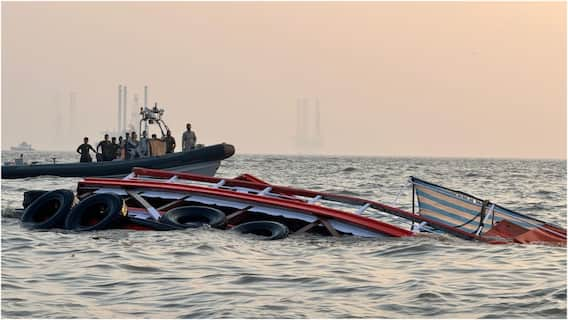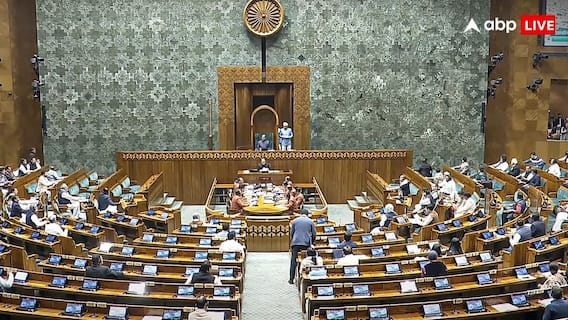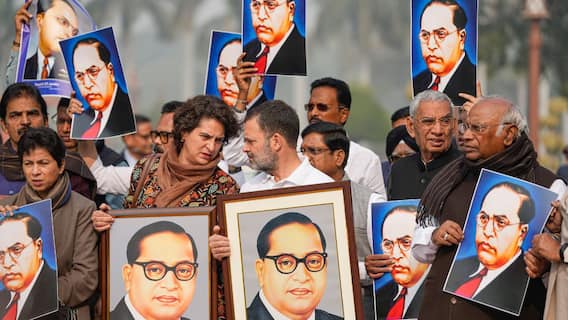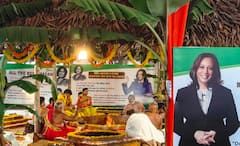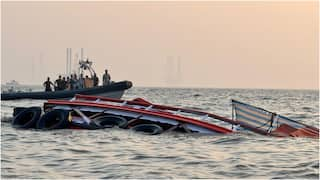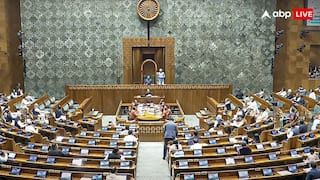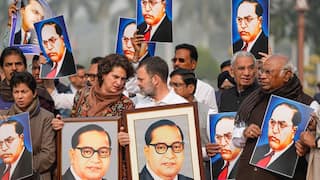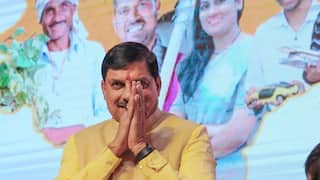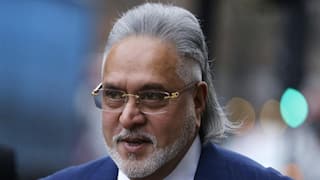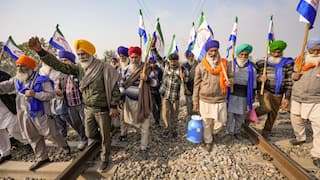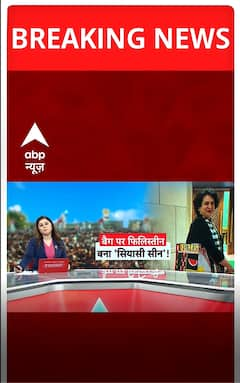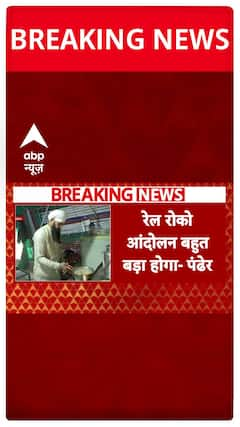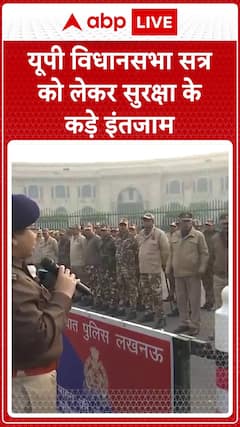Explorer
Advertisement
China Brings Up Kashmir During Bilateral Meet, India Says Internal Matter; 10 Points
During his bilateral meeting with Wang, Jaishankar also said it was important to ensure that bilateral differences should not become disputes and emphasised that the future of the ties will depend on the mutual sensitivity to each other's "core concerns".

Jaishankar with Wang Yi in Beijing, Monday. (PTI Photo)
New Delhi: India's decision on Jammu and Kashmir is country's "internal" matter and have no implication for either the external boundaries of India or the Line of Actual Control (LAC) with China, External Affairs Minister S Jaishankar told his Chinese counterpart Wang yi on Monday amidst Beijing's objection to the formation of Ladakh as Union Territory.
During his bilateral meeting with Wang, Jaishankar also said it was important to ensure that bilateral differences should not become disputes and emphasised that the future of the ties will depend on the mutual sensitivity to each other's "core concerns".
Key points from the bilateral meeting in Beijing between India and China:
• Wang yi brought up the developments pertaining to legislation passed recently by the Indian Parliament on J&K during the bilateral meet. In his remark, he said China is "very closely" following the Indo-Pak tensions over Kashmir and its "ramifications".
• He asking New Delhi to play a "constructive role" for regional peace and stability.
• However, Jaishankar conveyed that this was an "internal" matter for India and the issue related to changes in a temporary provision of the Constitution of India and was the sole prerogative of the country.
• Asserting that the legislative measures were aimed at promoting better governance and socio-economic development, Jaishankar also said there was no implication for either the external boundaries of India or the LAC with China.
Watch | Decisions On J&K Internal Matter: India to China
• In his opening remarks, Jaishankar said "as you know India-China relationship has a very unique place in global politics. Two years ago, our leaders recognised the reality and reached consensus at Astana that at a time of global uncertainty, India, China relationship should be a factor of stability."
• The minister also conveyed that so far as the India China boundary question was concerned the two sides had agreed to a fair, reasonable and mutually acceptable settlement of the Boundary Question on the basis of the 2005 Political Parameters and Guiding Principles.
• Jaishankar, who is on a crucial three-day visit to China, also called on Chinese Vice President Wang Qishan, considered a confidant of President Xi Jinping.
• Welcoming Jaishankar, Foreign Minister Wang referred to the Indo-Pak tensions without directly mentioning about India scrapping the Article 370 of the Constitution that gave special status to Jammu and Kashmir.
The visit of Jaishankar, the first Indian minister to tour China after the Modi government began its second term, is taking place following India's decision to revoke the special status of J&K and divide the state into two Union Territories -Jammu and Kashmir, and Ladakh. His visit was finalised much before India's move to revoke Article 370 of the Constitution that gave special status to J&K.
China on August 6 had objected to the formation of Ladakh as Union Territory by India, saying it undermined its territorial sovereignty, evoking a sharp reaction from New Delhi, which asked Beijing to refrain from commenting on its "internal affairs".
Jaishankar's visit comes days after Pakistan Foreign Minister Shah Mahmood Qureshi travelled to Beijing on August 9 to seek China's support for his country's attempts to take India's move to revoke special status to Kashmir to the UN Security Council.
Jaishankar's visit is mainly to finalise arrangements for President Xi's visit to India later this year for the second informal summit with Prime Minister Narendra Modi.
(With inputs from PTI)
Follow Breaking News on ABP Live for more latest stories and trending topics. Watch breaking news and top headlines online on ABP News LIVE TV
View More
Advertisement
Trending News
Advertisement
Advertisement
Top Headlines
Cities
India
Cities
India
Advertisement





